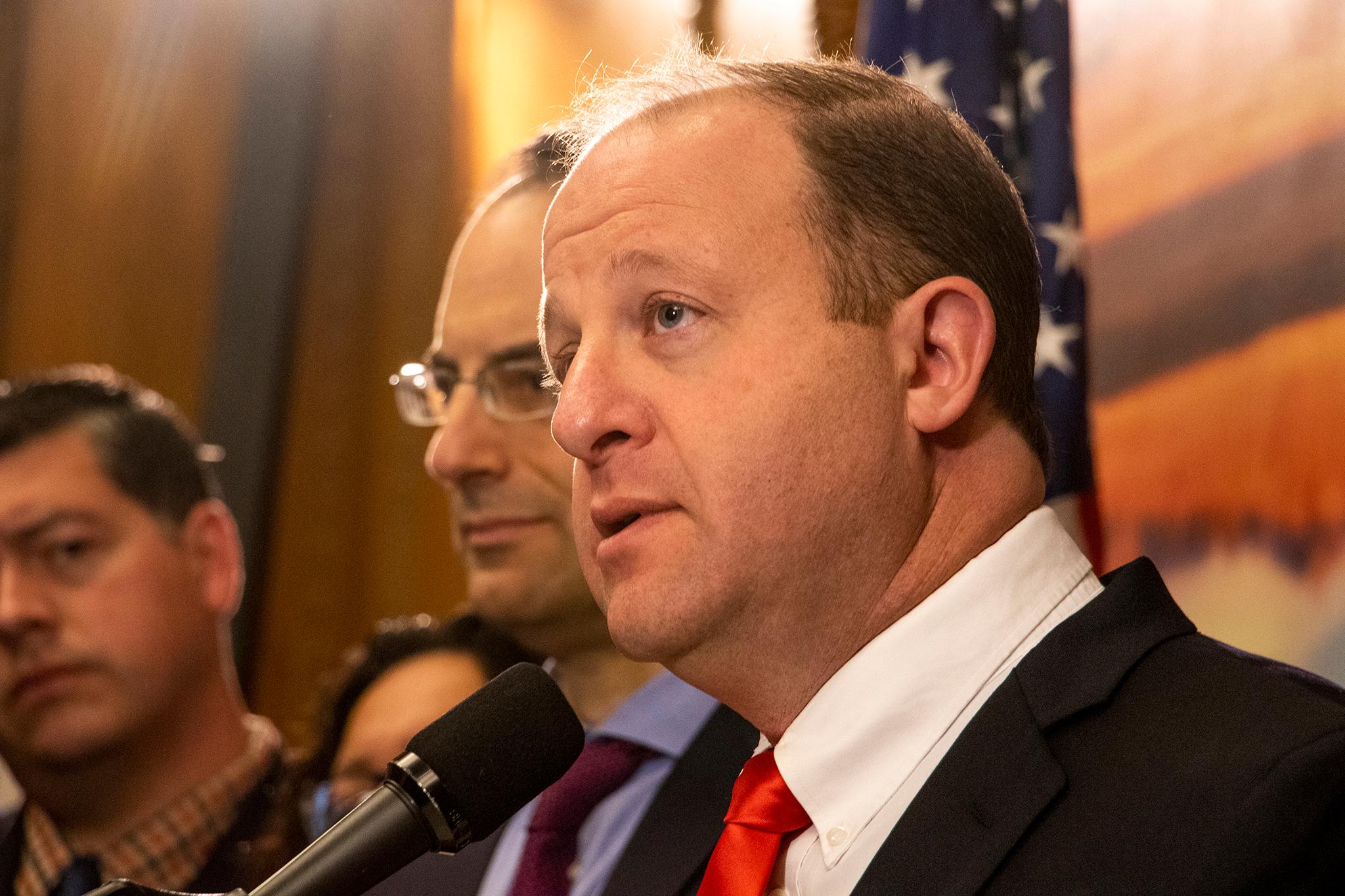
Gov. Jared Polis vowed Thursday to fight for thousands of immigrants who live and work in Colorado as the U.S. Supreme Court considers a case that could end an Obama-era program protecting them from the threat of deportation.
Pressed by reporters on a conference call, the Democratic governor offered few details on what his administration or Colorado lawmakers could do if the Trump administration is allowed to end the 7-year-old Deferred Action for Childhood Arrivals program, or DACA.
Those in the program were brought to the U.S. as children and lack legal status. Thousands are now adults, with jobs, families and few if any ties to their countries of birth.
The Center for American Progress, a liberal advocacy group, estimates some 15,000 DACA recipients are in Colorado, paying $113 million in federal taxes and $59.1 million in state and local taxes each year.
The court heard arguments Tuesday on whether the Trump administration can abolish the program protecting 660,000 immigrants.
The administration argues that the program, adopted by former President Barack Obama, is illegal and that it has no choice but to end it. It also says it has the authority to end DACA as bad policy even if it is legal.
Congress repeatedly has failed to pass so-called DREAM act legislation allowing DACA recipients to seek U.S. citizenship.
Polis says his administration would ensure there is legal aid for DACA recipients if the high court decides next summer that the administration can terminate the program.
He also vowed to press Colorado’s congressional representatives to find a solution. As a congressman, he was a co-sponsor of the DREAM Act. Opponents of the legislation say it would encourage illegal immigration.
DACA recipients “are just as American as any other Coloradan,” the governor said, decrying what he called “a horrific attempt to destroy our economy and rip families apart.”
Immigrant advocates who organized the conference call said business and educational coalitions nationwide ultimately could compel Congress to act, regardless of the high court decision.
Denise Maes, executive director of the American Civil Liberties Union of Colorado, suggested more options could come after the nation sees what the Supreme Court decision is.
Sergio Gonzales, deputy director of the Immigration Hub advocacy group, noted that elections have affected the level of bipartisan support for DREAM legislation.
Polis spoke the same week Colorado immigration hardliners submitted signatures for a proposed 2020 ballot initiative that would insist the state Constitution permit only U.S. citizens to vote — something the Constitution does already. Critics see it as a way to recruit pro-Trump voters ahead of next year’s elections.
Since taking office in January, Polis has signed into law measures to limit police cooperation with federal immigration officials and to increase the availability of driver’s licenses for immigrants here illegally.
He’s also appointed a DACA recipient, Marissa Molina, to the board of Metropolitan State University of Denver.








